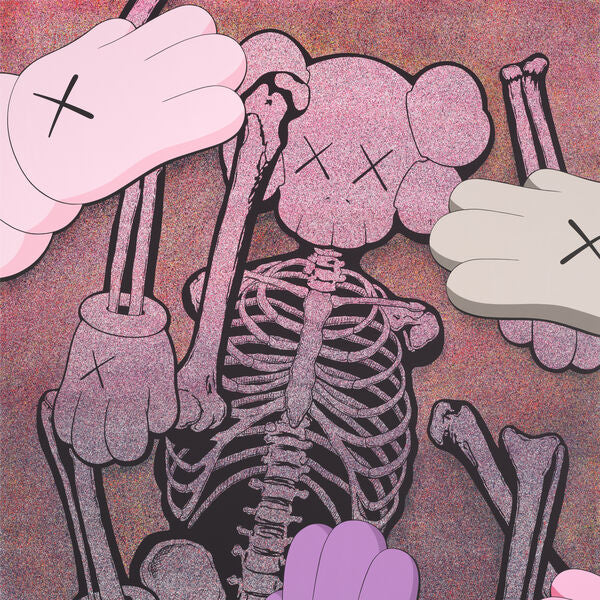
Let God Sort ’Em Out marks a compelling return for Clipse, showcasing a complex fusion of raw emotion, gritty street narratives, and masterful wordplay over deeply textured production. The album opens with a haunting blend of slow, brooding piano and whispered flows, immediately setting a somber and intense mood. Themes of loss and hardship are pervasive—metaphors like “birds that don’t sing” echo throughout, symbolizing silence and suffering, underscored by chilling storytelling about loved ones lost to addiction and violence. John Legend’s emotionally charged chorus adds a soulful depth, making these moments hit with palpable pain and authenticity.
Musically, the album gravitates toward a dark, atmospheric soundscape. Twangy guitars and heavy bass lines create an almost cinematic backdrop reminiscent of classic early-2000s hip-hop, but infused with a modern edge and deeper emotional weight. The gritty production complements the raw lyricism, which dives headfirst into stories of street violence, the drug trade, and survival. Kendrick Lamar’s guest verse brings an explosive energy, matching Pusha T’s grudge-filled tone with a fierce intensity that elevates the album’s thematic gravity. Every artist involved delivers bars that burn with conviction, their vocal performances syncing seamlessly with the ominous beats.
What stands out about Let God Sort ’Em Out is the masterful blend of retro and futuristic influences. The album leans heavily on 70s-inspired sounds—warm synths, live instrumentation, and laid-back grooves—blended effortlessly with sharp, sometimes Tron-like electronic beats. This hybrid gives the record a distinct identity, setting it apart from conventional rap albums while maintaining accessibility. These sonic choices create a richly layered atmosphere where each track evolves with unexpected shifts—whether it’s an acapella intro or a sudden beat change—keeping the listener engaged throughout.
Vocal performances on the album are a mix of aggressive deliveries and smoother, more precise flows. While some verses feel a bit restrained or dry, others burst with confidence and fire, particularly when the featured artists add their unique voices. The choruses, though varied—from ethereal and haunting to catchy and pulsating—occasionally fall short of leaving a lasting hook, yet they provide necessary breathing space within the dense lyricism. Background harmonies and vocal textures add complexity, enriching the album’s sonic tapestry and enhancing its emotional resonance.
Thematically, Let God Sort ’Em Out is a meditation on pain, power, and redemption. It explores the gritty realities of street life, the consequences of violence, and the struggles of maintaining identity amid chaos. The repeated motifs of cultural appropriation and self-reflection add a layered dimension, as the artists grapple with their place in a shifting musical landscape and personal journeys marked by disappearance and comeback. The closing tracks, with their gospel-like choruses and slow-burning intensity, feel like a solemn yet defiant finale, emphasizing resilience and the quest for justice.
However, the album isn’t without minor flaws. Some flows can come off as rigid, and certain choruses lack memorability, occasionally causing the momentum to waver. At times, the thematic focus on street struggles and personal battles borders on repetitive, risking a feeling of monotony. Yet, these moments are outweighed by the album’s overall cohesion and the undeniable chemistry between Clipse and their collaborators.
In summary, Let God Sort ’Em Out is a richly crafted, sonically adventurous album that cements Clipse’s status as lyrical heavyweights. It is a dark and introspective work that melds street wisdom with musical innovation, inviting listeners into a world where pain and perseverance coexist. For fans of thoughtful, hard-hitting hip-hop with a touch of soulful sophistication, this album delivers a compelling and resonant experience.
RATING: 9/10
NOTABLE TRACKS:
The Birds Don't Sing
So Be It
So Far Ahead

